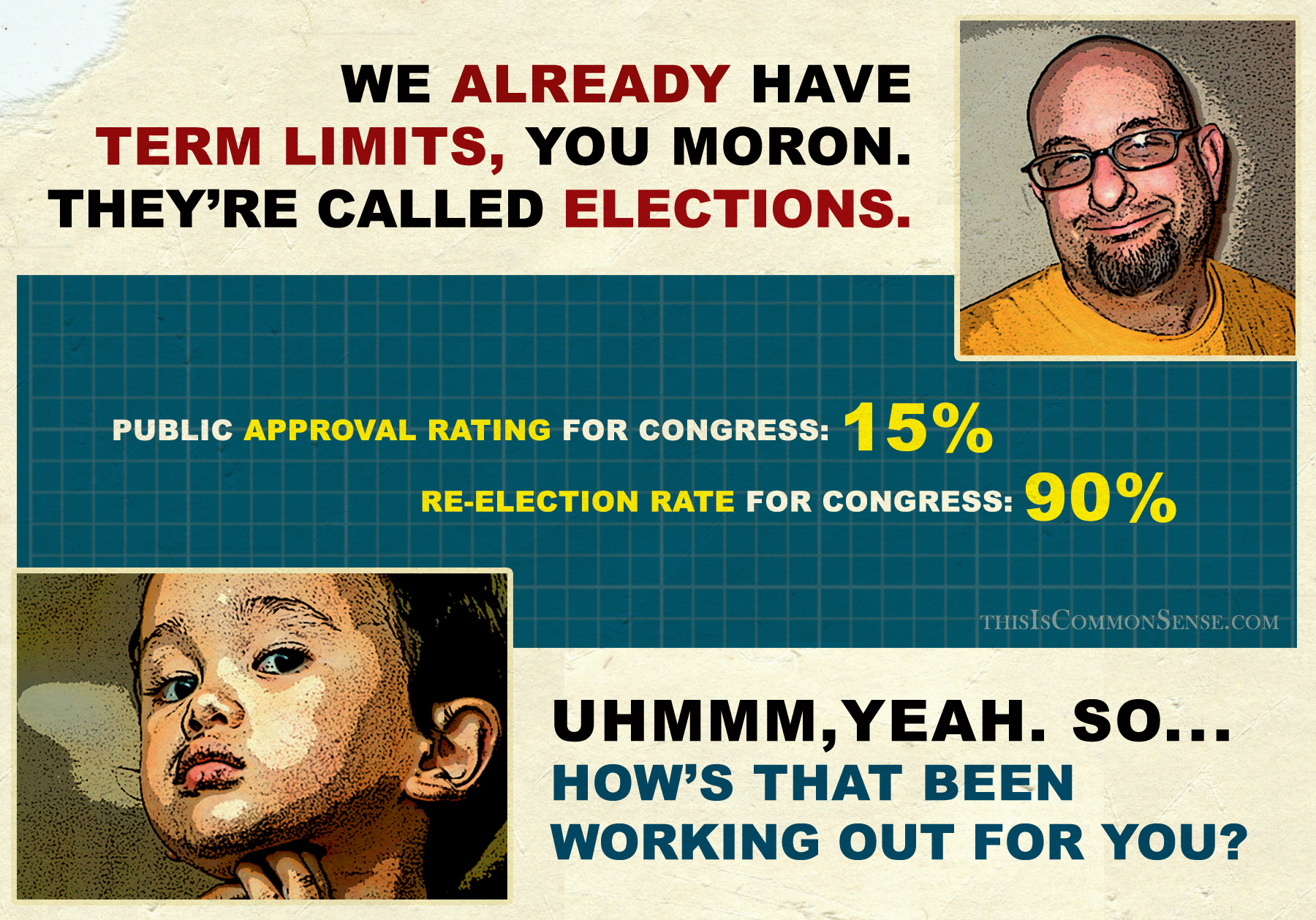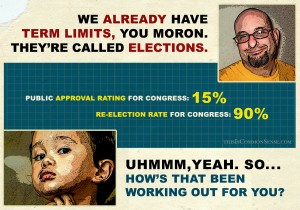Both Germany and Japan now transfer money, on net, from the young to the old. Austria, Slovenia, and Hungary, The Economist reports, do the same.
The instrument of this transfer? Well, the elephant in the room: those nation’s entitlement programs — their versions of our “Social Security.”
John O. McGinnis, George C. Dix Professor in Constitutional Law at Northwestern University, explains how unnatural the direction of the transfer is. Normally, societies “give more to the young than the young can ever repay.” Remember the truism, “the children are our future”? Families, McGinnis explains, “exemplify this principle. Socially too, the intergenerational flow of resources is what creates civilization as each generation receives benefits from the previous one.”
Taking from the young to give to the old, on the other hand, is not just counter-intuitive. It stifles innovation, entrepreneurship, progress itself.
What drives the trend? It is complicated. But the politics behind redistributionist programs is the main culprit:
The elderly vote more than the young, who have more distractions, and politicians are thus all too eager to give them goodies. And while individually the elderly would like to direct more resources to their young relatives, when they act in politics they face a kind of tragedy of the commons. They cannot prevent others from living off the state, so they might as well do themselves.
As my generation, the infamous Baby Boom, retires, the demographics turn Social Security against society’s main purpose: building a future. The culture refocuses on retirement … preparing for death.
Another way — on top of growing debt and increasing regulatory burden — we’re leaving our kids with less than we had.
This is Common Sense. I’m Paul Jacob.











